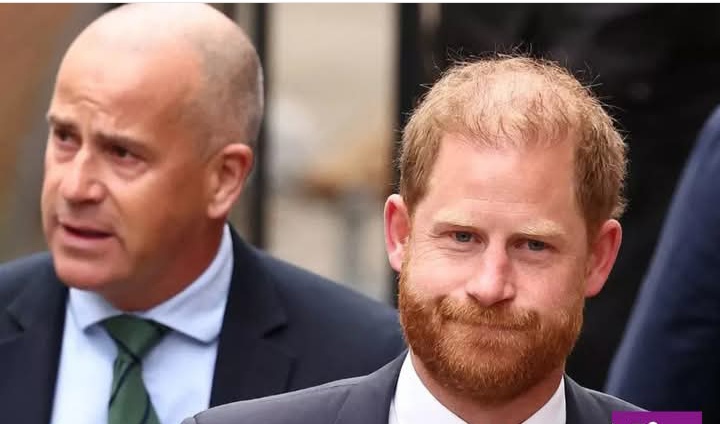NFL
Prince Harry is facing a nervous wait.

Prince Harry is facing a nervous wait
Prince Harry has sensationally lost his Court of Appeal challenge over his security arrangements while in the UK. The ruling handed down this afternoon will be a huge blow for the Duke of Sussex who previously argued he wanted his children, Prince Archie, five, and Princess Lilibet, three, to know their UK heritage, but cannot bring them or, wife Meghan, to his home country as he does not feel it is safe for them without taxpayer-funded police protection.
He had been challenging the dismissal of his High Court claim against the Home Office over the decision of the Executive Committee for the Protection of Royalty and Public Figures (Ravec) that he should receive a different degree of protection when in the country. At a two-day hearing in April, barristers for the duke told the Court of Appeal that he was “singled out” for “inferior treatment” and that his safety, security and life are “at stake”.
However, in a ruling handed down this afternoon, Sir Geoffrey Vos, Lord Justice Bean and Lord Justice Edis dismissed Harry’s appeal. Sir Geoffrey said that arguments put forward by Harry’s barrister, Shaheed Fatima KC, were “powerful and moving” and that it was “plain that the Duke of Sussex felt badly treated by the system”.
But he said: “I concluded, having studied the detail of the extensive documentation, I could not say that the duke’s sense of grievance translated into a legal argument for the challenge to Ravec’s decision.” He continued: “The duke was in effect stepping in and out of the cohort of protection provided by Ravec. Outside the UK, he was outside the cohort, but when in the UK, his security would be considered as appropriate.”
He added: “It was impossible to say that this reasoning was illogical or inappropriate, indeed it seemed sensible.” Sir Geoffrey also said Ravec’s decision was “understandable and perhaps predictable”. Harry was not present at Friday’s short hearing.
The Home Office, which is legally responsible for Ravec’s decisions, opposed the appeal, with its lawyers previously telling the court that Ravec’s decision was taken in a “unique set of circumstances” and that there was “no proper basis” for challenging it.












